Boost Your Machanical Bids – Request a Precision Estimate!
- Accurancy
- Efficiency
- Transparency
- Customization
- Time Saving
- Professionalism
- Cost Control
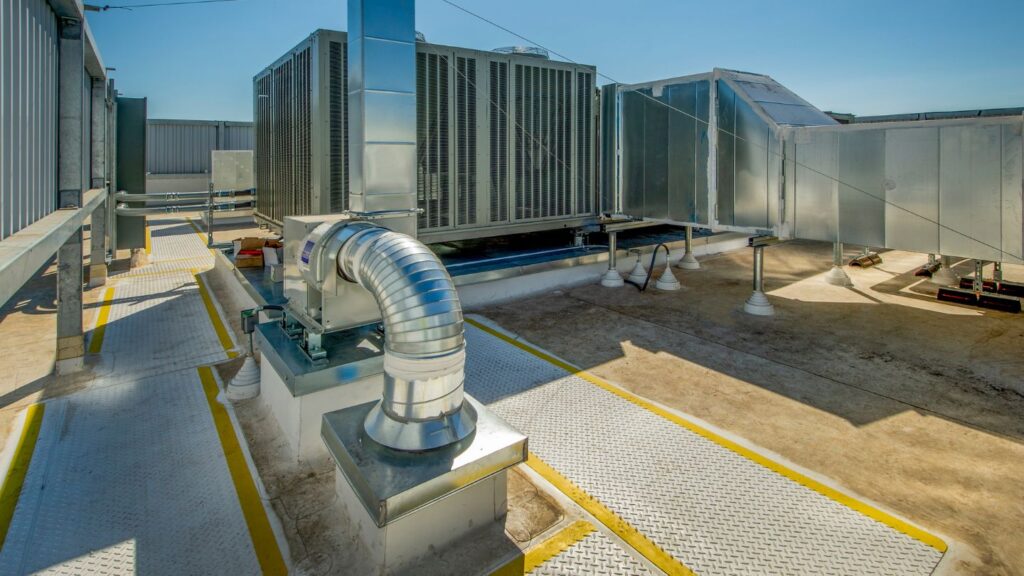
In the expansive world of construction and building management, the HVAC estimator emerges as a linchpin for success in heating, ventilation, and air conditioning projects. This article delves into the multifaceted role of HVAC estimators, exploring their responsibilities, challenges, and the evolving landscape of HVAC estimation.
Analyzing the project scope is the initial and crucial step in HVAC estimation. Estimators delve into blueprints, technical specifications, and spatial constraints, seeking a comprehensive understanding of the unique requirements of each project.
HVAC estimators navigate a complex landscape of factors during the estimation process.
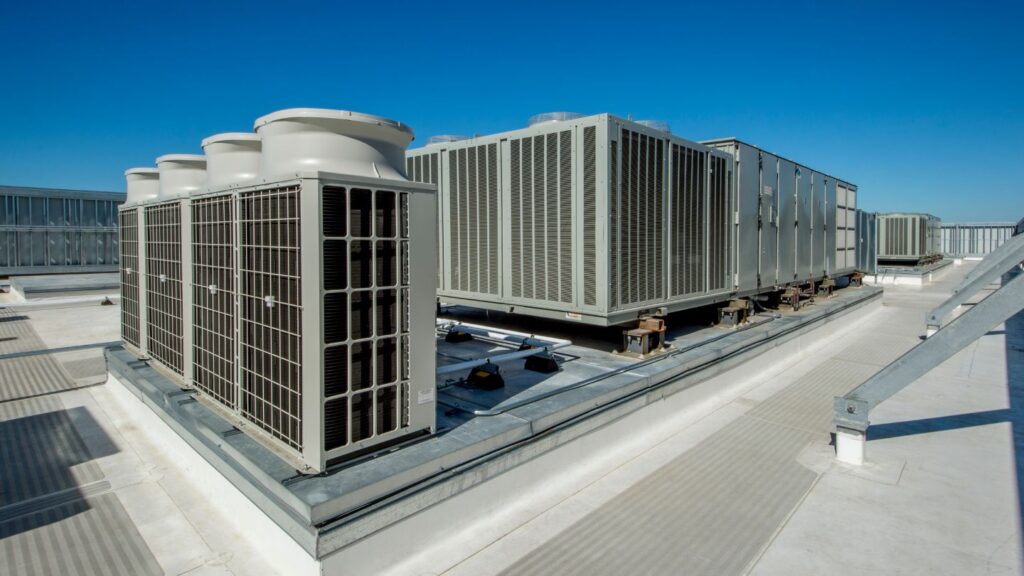
These include material costs, labor expenses, equipment pricing, and potential unforeseen challenges. This comprehensive approach ensures a realistic and detailed cost projection.
The HVAC industry is dynamic, with evolving technologies and environmental considerations. Precision in estimation is not a luxury but a necessity to account for variables such as seasonal changes, regulatory requirements, and advancements in HVAC technology.

Fully Insured Licensed Hire A Contractor For Mechanical Contractor
Hire Contractor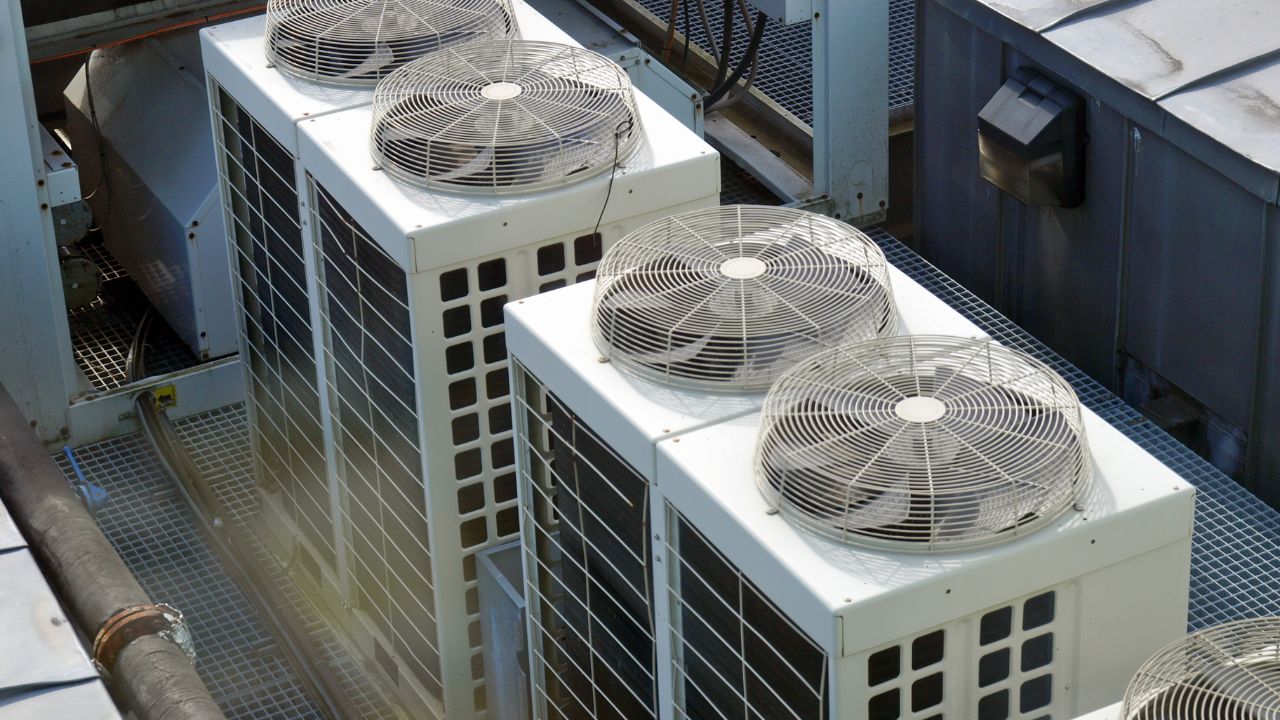
Make Informed Design Decisions Showcase Your Design Ideas
Get RenderingHVAC estimators engage in meticulous project documentation. This involves gathering and organizing specifications, blueprints, and technical requirements. The documentation serves as the bedrock for accurate and detailed cost estimates, providing clarity to all project stakeholders.
Effective collaboration with design teams is not just beneficial but essential for HVAC estimators. They work hand-in-hand with engineers and architects, ensuring that cost estimates align seamlessly with the project’s design. This collaboration guarantees that the estimated costs not only meet financial parameters but also reflect the envisioned HVAC system accurately.
Estimators break down costs into categories such as labor, materials, and equipment. This detailed breakdown is not just a numerical exercise; it is a strategic analysis that provides valuable insights into potential cost-saving measures without compromising the quality of the HVAC system. It requires a nuanced understanding of cost structures and industry benchmarks.
One of the significant challenges faced by HVAC estimators is the inherent variability in project requirements. Each project is a unique puzzle, necessitating adaptability in the estimation approach to meet specific demands effectively. It requires a keen eye for detail and the ability to tailor estimates to the project’s intricacies.
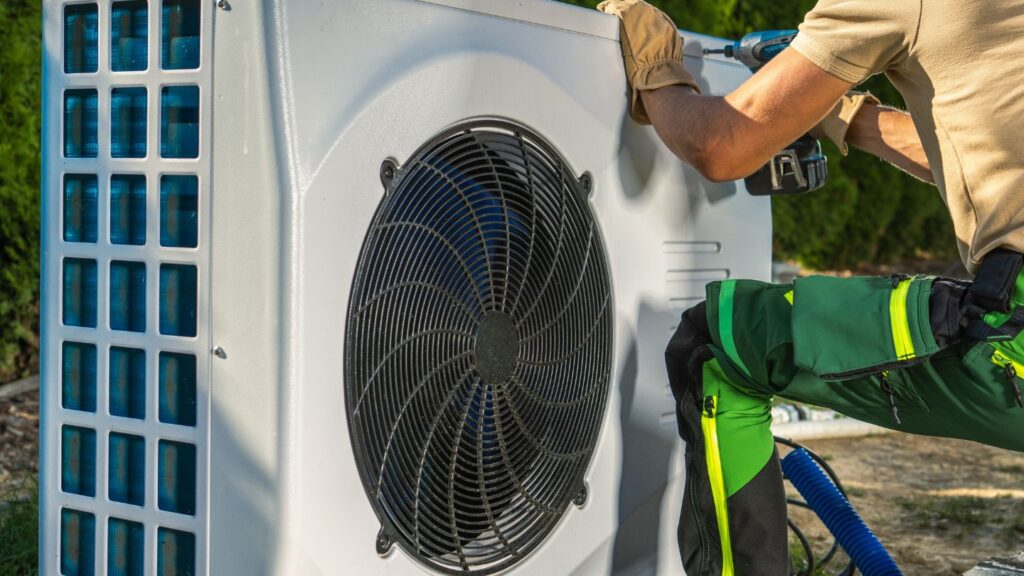
The rapid pace of technological advancements in the HVAC industry presents both opportunities and challenges for estimators. Staying informed about and integrating the latest technologies into cost projections is not just a professional expectation but a proactive stance toward delivering accurate estimates. It requires continual learning and a commitment to staying ahead of industry trends.
Environmental considerations and changing regulations add complexity to HVAC estimation. Estimators must navigate these factors to ensure compliance while maintaining cost-effectiveness. This balancing act requires a deep understanding of environmental impact assessments, legal frameworks, and the ability to align projects with sustainable practices.
HVAC estimators leverage a suite of advanced software tools for precise calculations and project simulations. This isn’t just about crunching numbers; it’s about harnessing the power of technology to streamline the estimation process. Commonly used software includes AutoCAD for detailed design analysis, specialized estimation software for accurate cost calculations, and Building Information Modeling (BIM) tools for virtual project visualization.

The integration of digital solutions, such as Building Information Modeling (BIM), has not only streamlined but revolutionized HVAC estimation. Estimators can visualize the project in a virtual environment, identifying potential challenges before they arise. This isn’t just about embracing technology; it’s about fundamentally changing the way estimators approach projects, fostering proactive problem-solving and collaborative decision-making.
Technological advancements bring numerous benefits to HVAC estimation beyond efficiency. They reduce errors, improve collaboration, and enhance the overall quality of estimates. It’s not just about keeping up with technology; it’s about leveraging it to provide clients with the most accurate and innovative estimates possible.
HVAC estimators need more than just a basic understanding of HVAC systems. They require a profound technical proficiency encompassing the intricacies of different HVAC technologies, construction techniques, and industry-specific software. It’s not just about running software; it’s about understanding how the system components interact and affect the overall project.
Effective communication and collaboration skills are not just a soft skill but a cornerstone of success for HVAC estimators. They interact with diverse teams, translating technical details into understandable language for stakeholders. Clear communication fosters collaboration, ensuring everyone involved is on the same page regarding project costs and requirements. It’s about being a bridge between the technical and non-technical aspects of a project.
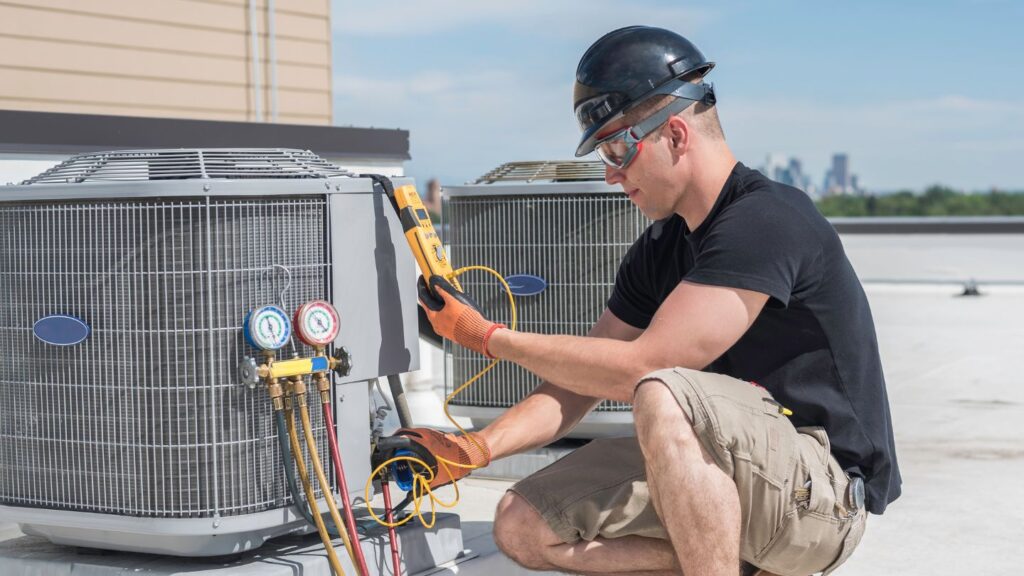
The HVAC industry is dynamic, with constant changes in technology and regulations. Estimators must not merely adapt but thrive in this dynamic environment. Continuous learning, staying updated on industry trends, and being proactive in embracing change are not just desirable traits; they are essential for staying relevant in the evolving landscape of HVAC estimation.
Accurate estimates significantly impact project planning, influencing decisions on timelines, resource allocation, and project milestones. Project managers rely on HVAC estimates to create realistic timelines, ensuring that the project progresses smoothly from initiation to completion. It’s not just about providing a number; it’s about influencing the entire project timeline.
Transparent and accurate cost estimates are not just a formality but a foundation for client satisfaction and trust. Clients appreciate honesty and reliability in estimating project costs, fostering positive relationships between clients and HVAC professionals. This trust is not just a feel-good factor; it’s a strategic asset that contributes to securing repeat business and referrals.
Precise cost management directly influences project profitability. HVAC estimators play a vital role in ensuring that projects are completed within budget, contributing to the financial success of construction ventures. Efficient cost management is not just a financial exercise; it’s about positioning companies as reliable and financially responsible entities in the construction industry.
The HVAC industry is witnessing a paradigm shift towards sustainable practices. HVAC estimators are increasingly incorporating eco-friendly solutions into their estimates, such as energy-efficient systems, solar-powered HVAC components, and environmentally friendly refrigerants. This trend is not just about meeting regulatory requirements; it’s about actively contributing to a greener and more sustainable future.

Transform your projects with precision and expertise by scheduling a personalized consultation today. Our experts are ready to guide you through a tailored process that will elevate your estimating game.
Upload Your PlanEnergy efficiency is not just a buzzword but a central consideration in modern HVAC projects. Estimators prioritize the integration of energy-efficient solutions not only for cost savings but also to align with the growing demand for environmentally conscious practices. This isn’t just about reducing energy bills; it’s about contributing to a global commitment to energy conservation.
The integration of smart technologies is not just a futuristic concept but a current reality in HVAC projects. Estimators explore the incorporation of smart thermostats, sensors, and automation, reflecting the industry’s shift towards intelligent and connected systems. This isn’t just about adopting the latest gadgets; it’s about enhancing HVAC system performance, improving overall energy efficiency, and providing clients with state-of-the-art solutions.
The future of HVAC estimation holds exciting possibilities with emerging technologies such as artificial intelligence (AI) and machine learning (ML). Estimators embracing these advancements will likely lead the way in the industry, leveraging AI and ML algorithms for more accurate and efficient cost projections. This isn’t just about staying relevant; it’s about actively shaping the future of HVAC estimation.
As the HVAC industry evolves, HVAC estimators must not merely keep pace but stay ahead through continuous professional development. Staying informed about industry trends, attending training programs, and obtaining relevant certifications ensure that estimators remain at the forefront of industry best practices. This isn’t just about personal growth; it’s about contributing to the overall advancement of the HVAC profession.
Anticipating changes in estimation processes is not just about foresight; it’s about proactive adaptation. With advancements in technology, changes in regulations, and emerging industry standards, estimators must proactively adapt their processes to maintain accuracy and relevance. This isn’t just about surviving change; it’s about thriving amidst it.
The role of an HVAC estimator is not just that of a calculator; it is indispensable in the successful execution of heating, ventilation, and air conditioning projects. Accurate estimation is not just a formality; it’s a commitment to excellence that ensures project success. By navigating challenges, embracing technological advancements, and continuously refining estimation strategies, HVAC estimators are not just professionals; they are architects of success in the construction industry..
An HVAC Estimator is a tool or service designed to help individuals, businesses, or contractors estimate the costs associated with heating, ventilation, and air conditioning (HVAC) projects. It takes into account various factors, such as system type, size of the space, and specific requirements, to provide an approximate cost.
Users typically input details about their HVAC project, including the square footage of the space, desired system type, insulation levels, and any additional features. The HVAC Estimator then uses this information to generate an estimated cost for the installation or replacement of HVAC systems.
Several factors can influence HVAC costs, including the size and layout of the space, the type of HVAC system chosen (e.g., central air, ductless mini-split), insulation quality, and local labor rates. An HVAC Estimator considers these variables to provide a more accurate estimate.
Yes, some HVAC Estimators allow users to input specific energy efficiency requirements or preferences. This can include considerations for Energy Star-rated systems, smart thermostats, and other features that impact energy consumption and efficiency.
While HVAC Estimators provide valuable estimates, actual costs may vary based on factors such as existing ductwork, system accessibility, and any unforeseen issues during installation. It’s advisable to use the estimates as a reference and consult with HVAC professionals for more accurate pricing.
Here I am going to share some steps to get your HVAC estimate report.
You can send us your plan on info@estimatorflorida.com
Before starting your project, we send you a quote for your service. That quote will have detailed information about your project. Here you will get information about the size, difficulty, complexity and bid date when determining pricing.
Our team will takeoff and estimate your project. When we deliver you’ll receive a PDF and an Excel file of your estimate. We can also offer construction lead generation services for the jobs you’d like to pursue further.



561-530-2845
info@estimatorflorida.com
Address
5245 Wiles Rd Apt 3-102 St. Pete Beach, FL 33073 United States
561-530-2845
info@estimatorflorida.com
Address
5245 Wiles Rd Apt 3-102 St. Pete Beach, FL 33073 United States
All copyright © Reserved | Designed By V Marketing Media | Disclaimer